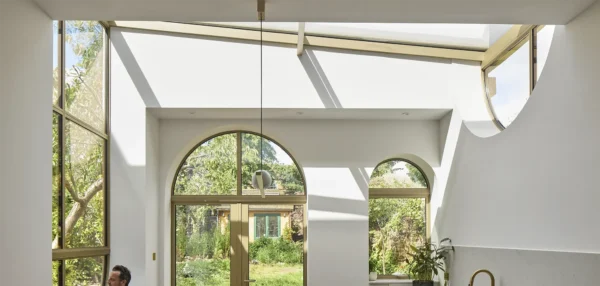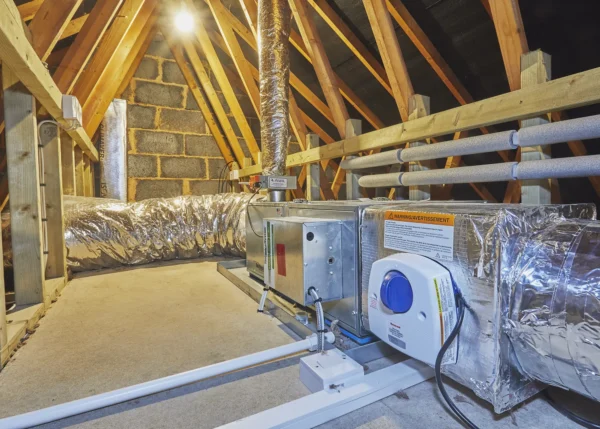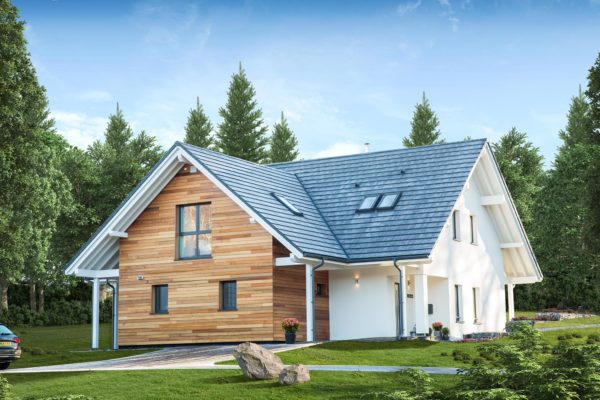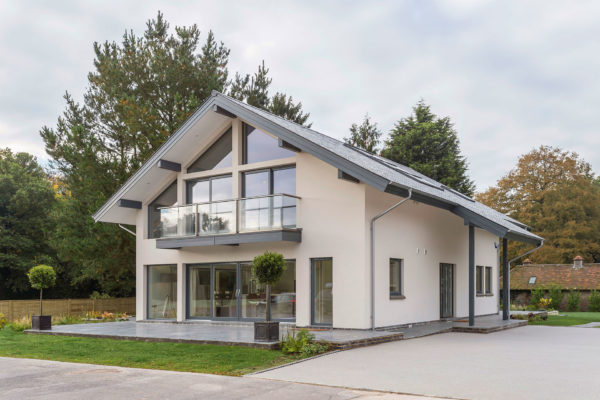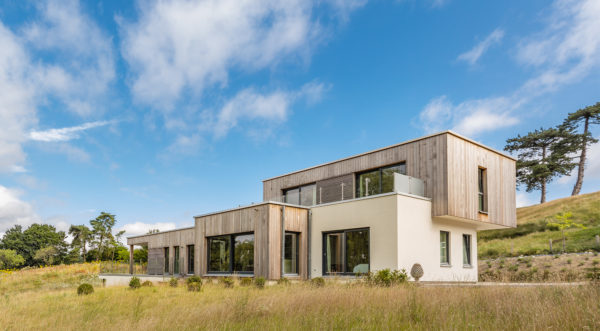Heat Pump Installations & Boiler Upgrade Scheme Applications Continue to Grow in 2024
Many have embraced the switch to heat pumps over the past few years in an effort to adopt energy-efficient, low-carbon principles as part of a self build or home renovation project. Heat pumps use electricity to extract heat from the air, ground or water and transfer this into useful energy for a household’s radiators, underfloor heating and hot water.
Aiming to increase the number of switches to heat pumps (instead of gas boilers), the government introduced the Boiler Upgrade Scheme (BUS). The BUS provides grants of up to £7,500 to encourage homeowners to replace their existing heating systems with more efficient, low-carbon alternatives. This includes air, ground and water source heat pumps and in some cases, biomass boilers.
As of the 23rd October 2023, you can access the following under the Boiler Upgrade Scheme:
- £7,500 towards an air source heat pump
- £7,500 towards a ground source heat pump (this includes water source heat pumps)
- £5,000 towards a biomass boiler
So what has the Boiler Upgrade Scheme achieved since its introduction in May 2022, and how does this compare to the government’s wider goal to move towards net-zero heating?
Increase in Boiler Upgrade Scheme Applications
According to the government’s Boiler Upgrade Scheme statistics, the total number of BUS applications in May 2024 (across all types of technology in the scheme) was 2,987. This is a 109% increase compared to the volume of applications received during May 2023 (1,432) – proving its ongoing success and growth, and the appeal of heat pumps to UK homeowners.
Where successful applications are concerned, the government states that there were 2,418 grants paid in May 2024, bringing the total number of BUS grants issued (since its introduction) to 36,718.
In response, Ian Rippin, CEO at MCS says, “the scheme remains a vital part of making home-grown energy more affordable and accessible. The recent figures highlight that people are continuing to take advantage of government grants to make that switch to greener and cleaner energy.”
Heat Pump Installation Figures
According to the MCS, there were 4,280 heat pump installations in February 2024 throughout the UK (the third-best month for installations recorded). This increased in March, with a figure of 4,508 – the second-highest monthly figure in the Boiler Upgrade Scheme’s history.
This has increased further in more recent months. Commenting on the latest MCS installation figures which highlight trends for 2024, Ian Rippin says, “the latest data shows the heat pump market continues to go from strength to strength. There were almost 5,000 certified heat pump installations in May 2024, bringing the average monthly heat pump installations for 2024 to 4,400. This is a 26% increase on the average monthly count for 2023 (which was itself a record-breaking year) and sets 2024 on track to be a record-breaking year for the technology.”
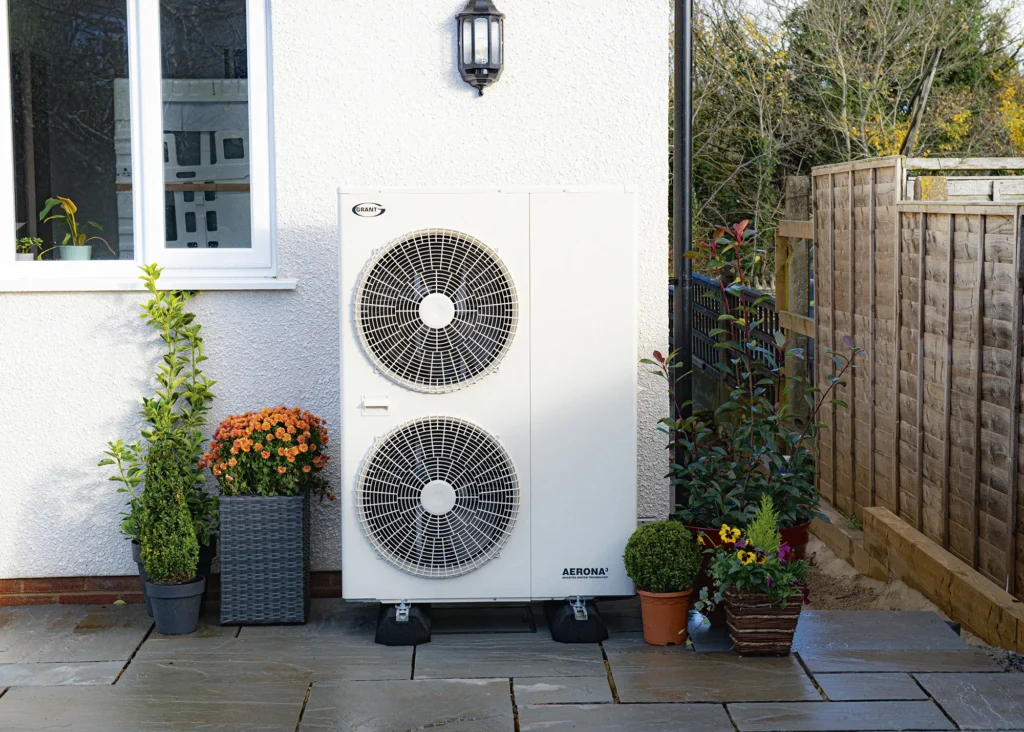
If your air source heat pump is located near a boundary, it could pay to invest in a low-noise model, such as the Quiet Mark-certified Aerona3 R32 13kW air source heat pump from Grant UK
What’s the Future for Heat Pumps?
So far, the Boiler Upgrade Scheme has proved to be a success, both in terms of applications and installations. Since the scheme’s introduction in May 2022, and up until the end of May 2024, the government has received 43,246 BUS applications and has issued 36,718 BUS grants.
The Prime Minister, however, has set an ambitious target of 600,000 heat pump installations per year by 2028 as part of a Ten-Point Plan towards the new Low-Carbon Heat Scheme. This comes following an aim to completely decarbonise our heating needs as the country transitions to a net-zero economy.
When comparing the stated 600,000 with the current heat pump installation figures, it’s clear that this is an ambitious objective. The MCS recorded nearly 5,000 installations in May 2024, and while these figures are all-time highs for the BUS, this only makes up 10% of the anticipated monthly number of installations the government is aiming for by 2028 (50,000 per month).
With these numbers in mind, government officials remain confident that heat pumps will continue to become more and more attractive to homeowners, renovators and self builders throughout the UK. They anticipate the installed cost of heat pumps will fall dramatically as the market eventually scales up to the increased number of BUS applications/installations, aiming to work with the industry to achieve a 25-50% reduction in the upfront cost by 2025.




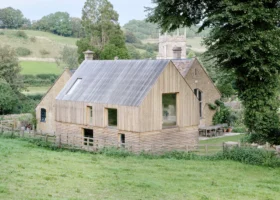
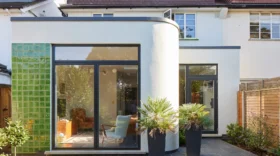

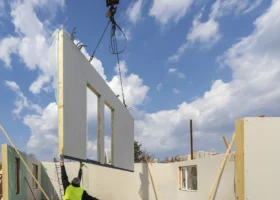

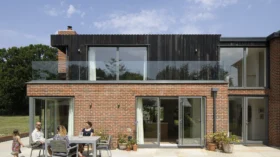

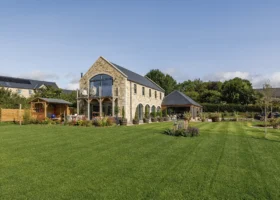

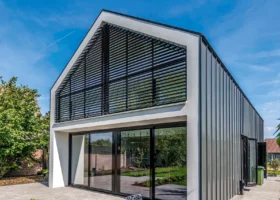

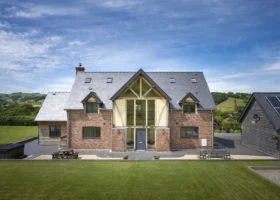

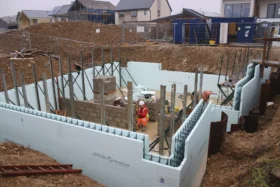
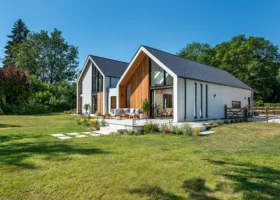
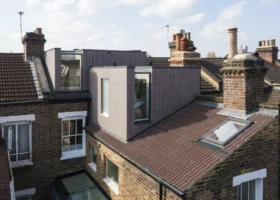




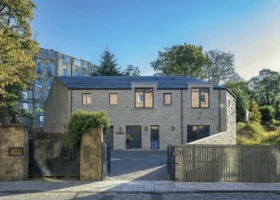



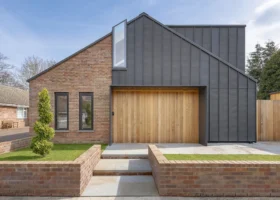
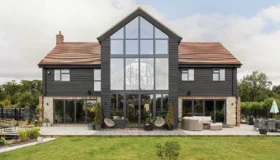
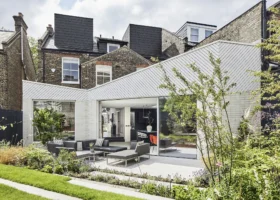


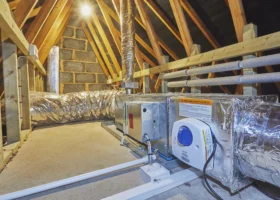
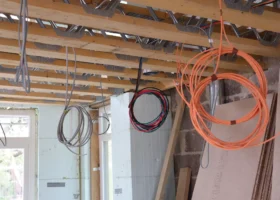




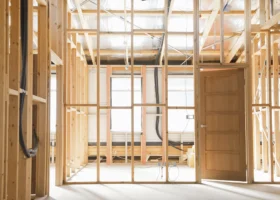
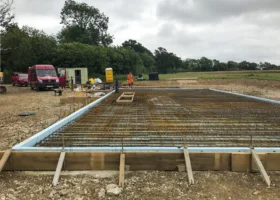
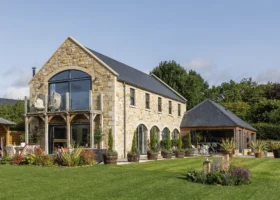

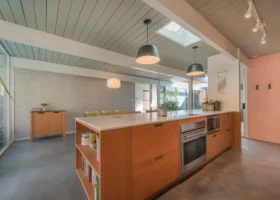

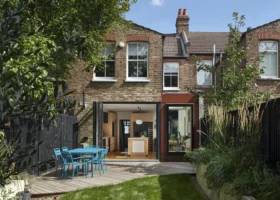
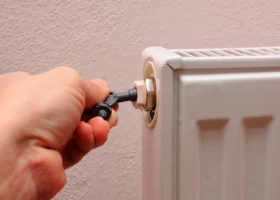

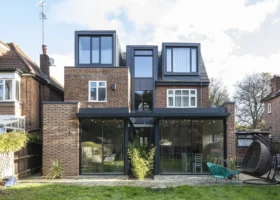
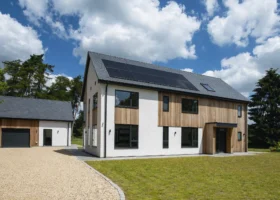
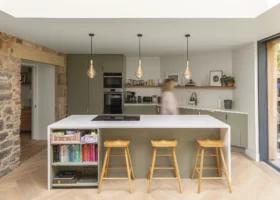
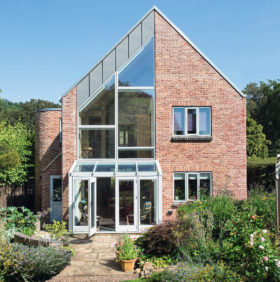
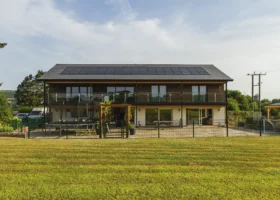
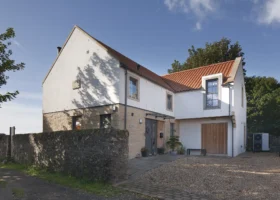



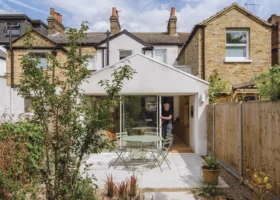












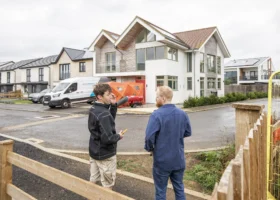









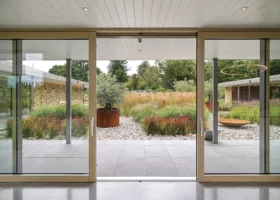


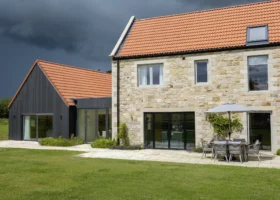
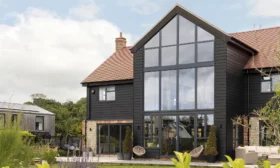
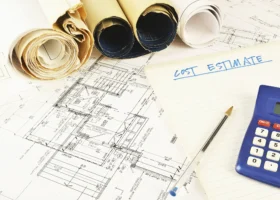










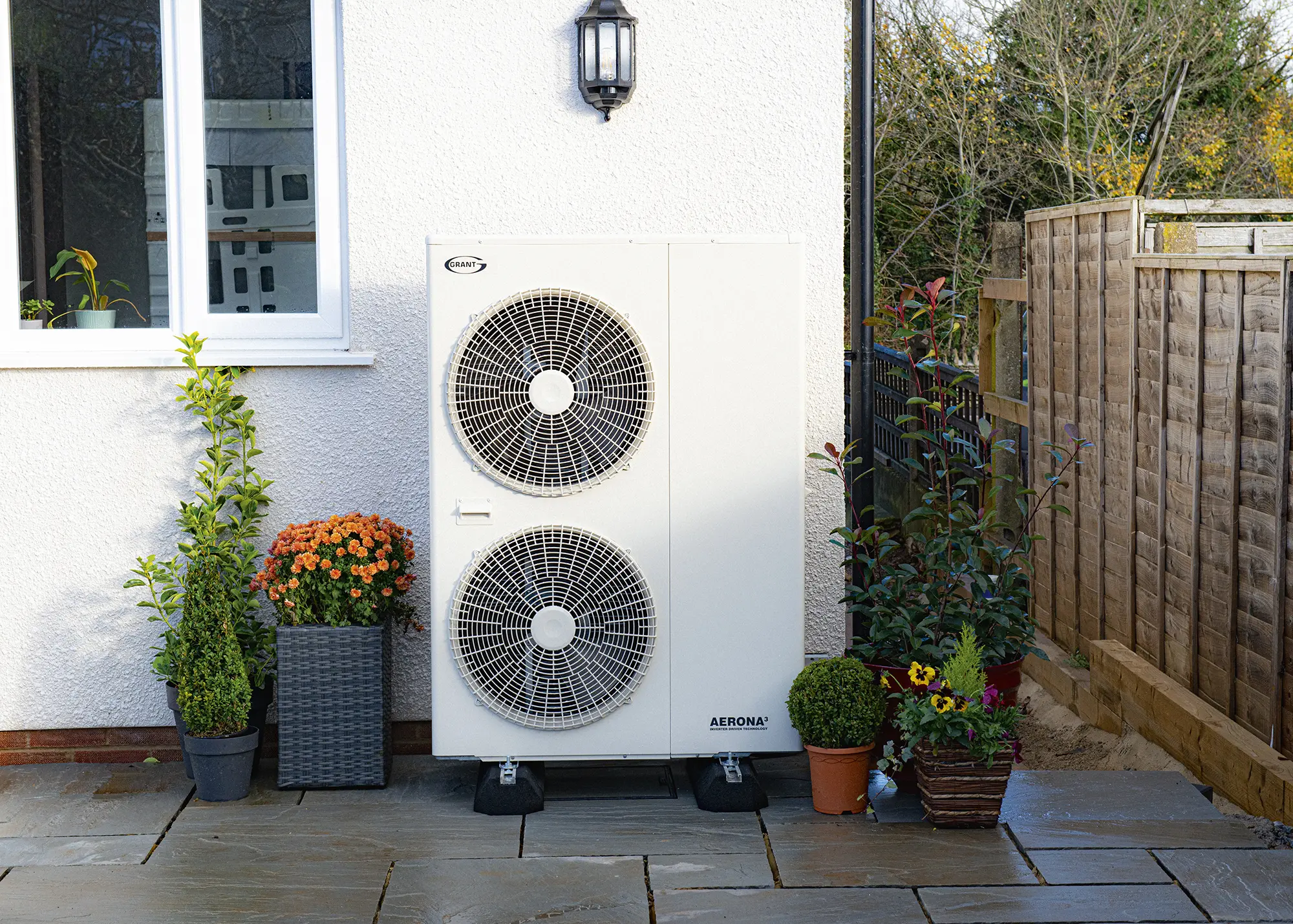
 Login/register to save Article for later
Login/register to save Article for later


